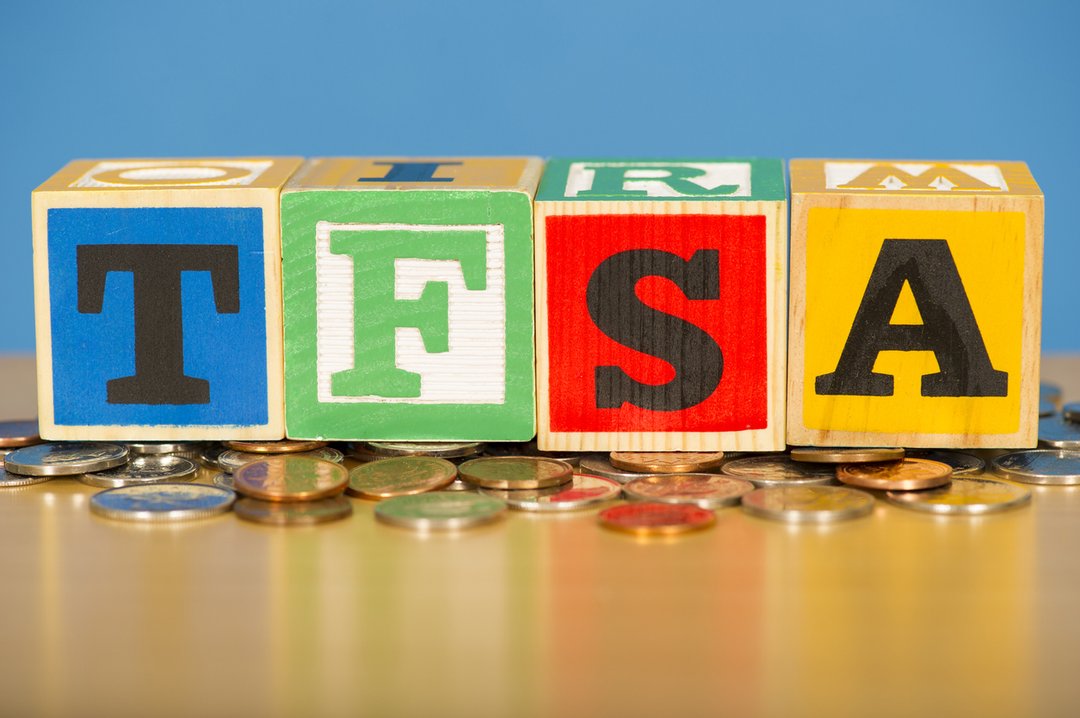
Q: I just received a notice from CRA saying I have to pay income taxes because I was running a business in my TFSA. But I’m an employee at a Hamilton barber shop and I don’t even own a business. Besides, aren’t these accounts exempt from paying income taxes?

iStock-175547298.jpg
A: Although TFSA stands for Tax-Free Savings Account, there are a handful of situations in which the account could be deemed taxable by Canada Revenue Agency (CRA). The general rule is that any investment income earned inside a TFSA is non-taxable. That is, any interest, dividends or capital gains do not need to be reported on your income tax return. Additionally, no income tax is owing when funds are withdrawn from the TFSA.
However, CRA may deem that taxes are payable on your TFSA if they determine that you are carrying on a business within the account. Don’t think of it as a business like running a barber shop or selling shoes or being a chiropractor; it can be as simple as active trading in the account.
Specifically, CRA looks at the following criteria to determine if the individual is actively trading in investments, which would constitute a business, and therefore the profits would be taxable — just like in any business held outside of a TFSA:
1) Number of transactions of buying and selling investments within the TFSA (i.e., the greater the number of transactions, the greater the risk that CRA considers it a business);
2) Period of ownership of investments held within the TFSA (i.e., the shorter the length of time the investments are held, the greater the risk that CRA considers it a business);
3) Taxpayer’s expertise and knowledge of investment markets and whether investment trading is part of their ordinary business (i.e., the transactions of an experienced stock trader are at greater risk of being considered a business than those of a city bus driver or a high school English teacher);
4) Type of investments being traded (i.e., the trading of highly speculative investments rather than companies with a long track record of paying a regular dividend is at greater risk of being deemed a business);
5) Time devoted to the activity (i.e., if a taxpayer spends hours every day trading within their TFSA, the greater the chance that CRA would deem it a business activity, versus the time spent to complete a few transactions intermittently);
6) Financing for TFSA contributions (i.e., if a taxpayer uses borrowed funds, say from a line of credit, to contribute to their TFSA, CRA would be more likely to deem this a business activity).
As you can see, some of the definitions are (intentionally) a bit arbitrary. For example, there is no specific threshold for frequency of transactions or time spent on the activity. Also, CRA states that no single factor determines whether trading in your TFSA is business activity; they look at the account holistically and on a “case-by-case basis” to make their assessment.
You will need to review the above checklist to determine where your TFSA trading activity may be at risk of being interpreted as a business by CRA — in which case, the profits would be taxable. You have the right to challenge their assessment and provide proof otherwise. Alternatively, you could remit the taxes owing and — on a go-forward basis — amend the activities within your TFSA to preserve the tax-free status.
The Tax-Free Savings Account is a fabulous tool for Canadians to grow investments unencumbered by income taxes — but you must be cautious that the activities within the account are not deemed as a business. Perhaps consider running a business outside of your TFSA and using the profits to maximize your annual TFSA contributions. That way, both you and CRA will be very happy with your tax-free status on these monies!
Comments are closed.
